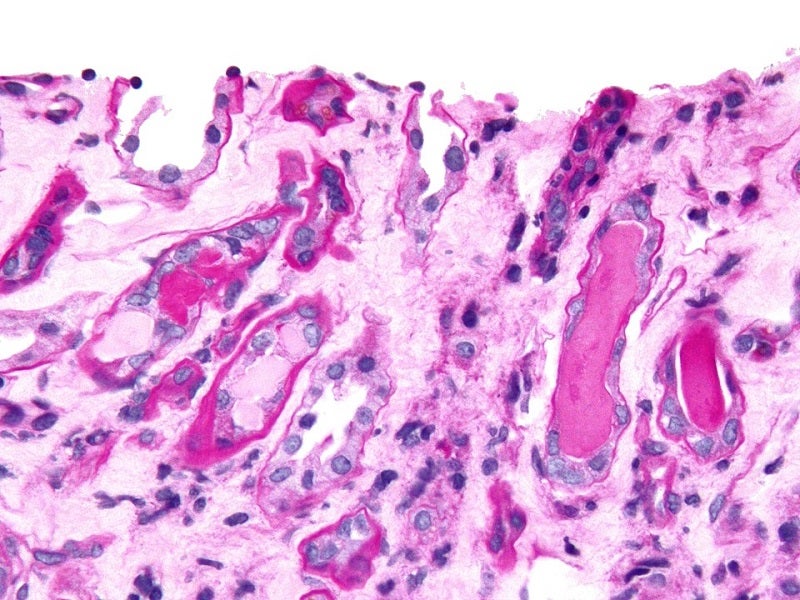

CARsgen Therapeutics has announced a collaboration with Huadong Medicine to commercialise zevorcabtagene autoleucel (zevor-cel), CT053, in mainland China.
The fully human, autologous BCMA CAR T-cell product candidate of CARsgen, CT053 has been developed to treat relapsed/refractory multiple myeloma (R/R MM).
It comprises autologous T cells that are modified genetically with a CAR including a complete human anti-BCMA single-chain fragment variant that has a high binding affinity.
Under the collaboration, Huadong Medicine will have the exclusive right to commercialise CARsgen’s CT053 in mainland China.
According to the deal, CARsgen will receive $29.7m (RMB200m) in upfront payment and is also eligible for up to $152.4m (RMB1,025m) in regulatory and commercial milestones.
Additionally, the company will continue to handle the development, regulatory approval, and CT053’s production in the country.
CARsgen Therapeutics Board chairman, CEO, and chief scientific officer Dr Zonghai Li said: “Despite advancements in recent years, there are still significant unmet medical needs for treating multiple myeloma.
“Zevor-cel, a differentiated BCMA CAR T cell therapy, has shown promising data in clinical programmes and is now under NDA priority review by NMPA.
“We believe this collaboration with Huadong Medicine will enhance the successful commercialisation of zevor-cel in mainland China.”
In October last year, CARsgen submitted a new drug application (NDA) for CT053 to China’s National Medical Products Administration (NMPA).
The US Food and Drug Administration (FDA) granted Regenerative Medicine Advanced Therapy (RMAT) and Orphan Drug designations to the company’s zevor-cel in 2019.
CT053 also received the Priority Medicines (PRIME) designation from the European Medicines Agency (EMA) in the same year.
It received an Orphan Medicinal Product designation from the EMA and Breakthrough Therapy designation from the NMPA in 2020.
Cell & Gene Therapy coverage on Pharmaceutical Technology is supported by Cytiva.
Editorial content is independently produced and follows the highest standards of journalistic integrity. Topic sponsors are not involved in the creation of editorial content.


